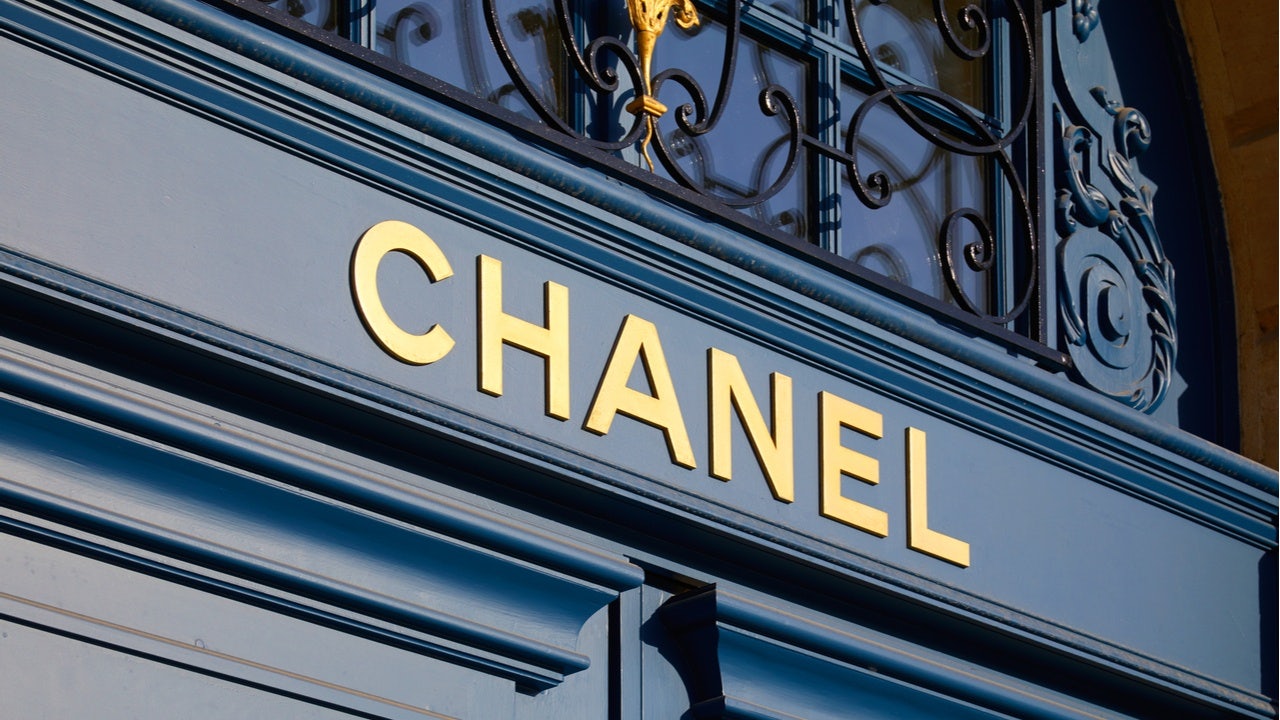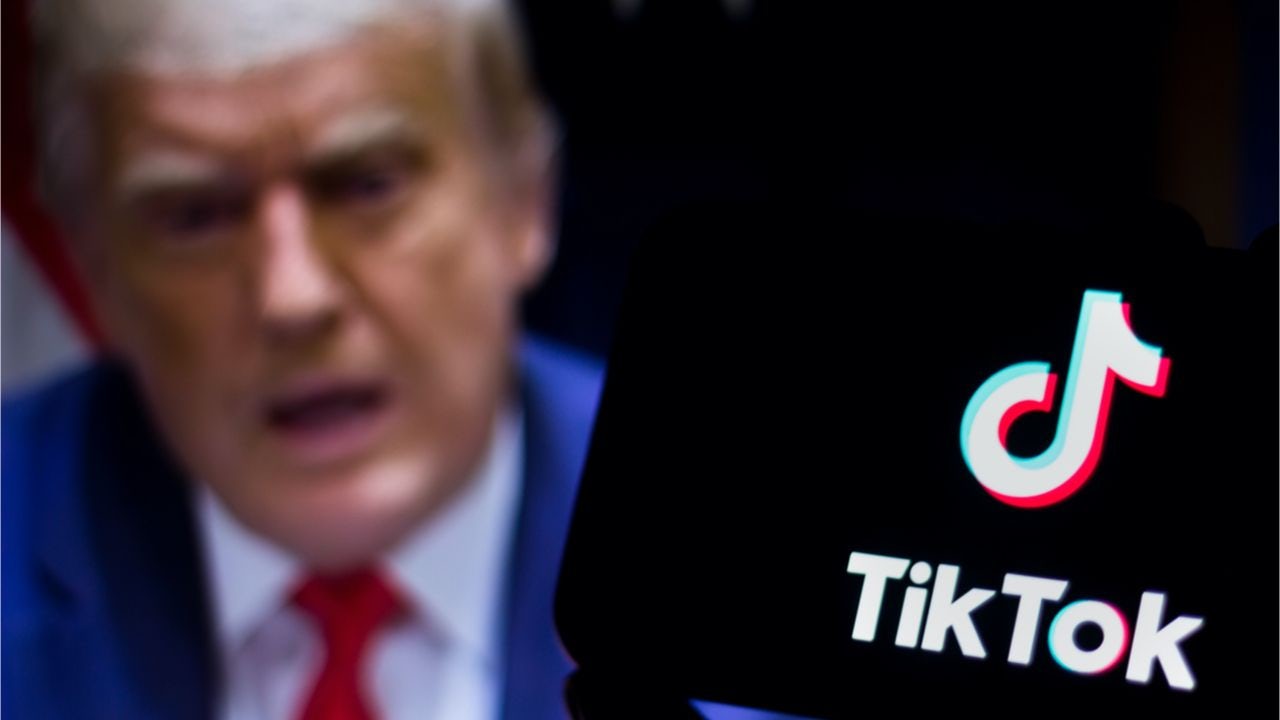Nikkei Asian Review reports that President Trump’s policies and the COVID-19 outbreak have pushed Chinese students to pursue advanced degrees outside the US. “A generation that buoyed the country's 170 billion university sector is leaving,” says the publication.
It has also been reported that his departure will hurt the US luxury market. It’s also expected that European brands will bounce back faster than those in the States.
The identity factor#
Outward appearances are important in China. Luxury brands like Chanel, Gucci, Louis Vuitton, and Hermès dominate the market because they signal status and denote personal and financial success.
In contrast, American brands don’t communicate such elitism. And although various US brands have high growth potential and brand recognition, they don’t necessarily communicate the same “elite” lifestyle. In fact, America’s “brand” is seen as an affordable luxury, comfort, and egalitarianism.
According to a survey by McKinsey, Asian Gen-Z consumers prefer “brands that set them apart.” This trend toward premiumization penalizes American brands that are seen as democratic and nondiscriminatory.
Decreased brand awareness#
In Gartner L2’s Digital IQ Index: Luxury China 2019, there are only two American brands: Coach and Tiffany, and both score a Digital IQ of 126. The rest of the list is dominated by European labels.
However, the US has other designer brands like Michael Kors and Ralph Lauren that also command high engagement and are internationally renowned. Of course, not all American designer retailers hold this same brand equity, but many of the less famous American labels who failed to expand abroad or don’t have a strong footprint in Asia have sustained positive sales in the US thanks to foreign consumers.
This group of foreign buyers came into contact with these American retailers while living, traveling, or studying in the US. They were introduced to these labels through their friends or came to know them through word-of-mouth marketing. But if we take these consumers out of the equation, certain American brands risk losing not only sales and revenues but also recognition and the potential for new customers.
The Chinese students who came to know Lilly Pulitzer while traveling around the Sunshine State or Brooks Brothers and J.Crew while living in Boston, have introduced these labels to their relatives and friends back in China. As a result, those American retailers won exposure without having to put money behind global marketing campaigns.
“If you are Balenciaga and you have fewer Chinese tourists shopping in London or New York or Brisbane, but more in Shanghai and Beijing, then that’s OK,” said luxury consultant Mario Ortelli to the South China Morning Post. “But if I run a department store without a global footprint, then I am in trouble.”
Rising patriotism and hostility toward the US#
In a patriotism-fueled society like China, local luxury consumers are becoming increasingly nationalistic with their purchases. Younger consumers, in particular, tend to succumb to peer pressure. and they boycott brands because their friends do.
Social media also plays an important role in shaping ideas. Young Chinese consumers whose buying behavior is influenced by their environment will respond differently to the anti-American comments or a backlash against US retailers on Weibo if they live in an environment where such rhetoric is tolerated. Yet, different reactions can be expected when youngsters are living and studying in the US and are surrounded by groups of people who are more tolerant of American ideals or views.
In both cases, a herd mentality prevails, with consumers acquiring the brands or products everyone they know wants.
It should also be noted that it is harder to boycott American brands while living in the US because every retail outlet features local fashion designers. Therefore, consumers are forced to interact with these labels every time they go to a mall.

